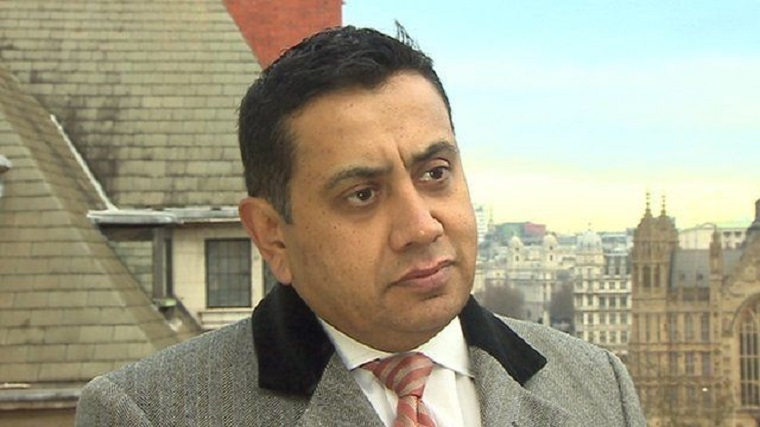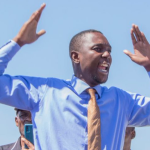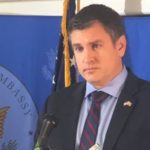Lord St John of Bletso: My Lords, does the Minister agree that the existing sanctions in Zimbabwe have not curbed President Mnangagwa’s repressive regime and left a vacuum for the Chinese and the Russians, who are occupied in mining strategic minerals? Is it not time to convene an all-party parliamentary conference in Zimbabwe to help pave the way for the incumbent Government to be more inclusive and address the reduction of poverty for millions of long-suffering Zimbabweans?
Lord Ahmad of Wimbledon: My Lords, I assure the noble Lord that part of our approach on sanctions is one element of that: using the levers that we have, in working with key partners, to ensure that the current Government adopt that inclusive approach. The noble Lord is correct: looking at what Africa and particularly Zimbabwe provide, their critical mineral resources are a major opportunity. Zimbabwe is the biggest provider of lithium, along with the DRC. There are opportunities ahead, but it needs a Government who are inclusive and protect the rights not just of those coming in but of their citizens.
Lord Oates: My Lords, the Minister will be aware that ZANU-PF has used the cover of the Zimbabwe-specific sanctions regime as a propaganda tool to excuse its economic mismanagement and corruption, which caused the economic crisis in Zimbabwe. Will the Government consider ending the specific geographic sanctions regime and focusing on the global human rights and corruption sanctions regimes? Will the UK make efforts to step up communications, particularly in the SADC region, to make clear the message that the Minister just gave: that we want to see prosperity for the people of Zimbabwe and that our sanctions are aimed not at them but at the corrupt and the human rights abusers of the ZANU-PF regime?
Lord Ahmad of Wimbledon: I pay tribute to the noble Lord for his work on the APPG. I agree that Zimbabwe has great opportunities, from looking at the people-to-people links with the United Kingdom. Again, it is demonstrable that the sanctions that we and other partners apply are not aimed at either the people or the economy. For example, our trade was £539 million in 2022-23, which is a direct challenge to what is sometimes said—that the sanctions have impacted the economy. What is needed is openness, transparency and accountability. I agree with the noble Lord; we will continue to look at our sanctions regimes. That is why I alluded to the global human rights sanctions regime, which allows us the very targeted sanctions, not just in countries such as Zimbabwe but across the world.
Lord Collins of Highbury: My Lords, I welcome what the Minister says about targeted sanctions. They are important, but what are we doing to investigate the electoral commission, particularly after the irregularities in the election last year? What are we doing about the security leaders, who have been targeting opposition activists? The other thing I will raise again—I know the Minister will expect me to raise it—is the importance of civil society, particularly representation of workers in Zimbabwe, because international trade unions have been concerned about that. If we work with them as well, instead of it being just a British Government voice, we will have a better response in Zimbabwe.
Lord Ahmad of Wimbledon: My Lords, the noble Lord knows I agree with his last point, not just in Zimbabwe but everywhere. Countries—indeed, Governments—can learn and progress much faster and more inclusively with the engagement of civil society. In that sense, the British Government and others are sometimes accused of interference in domestic Toggle showing location ofColumn 1649politics. That is not our intention. Our politics is to ensure that the rights of people and communities are protected. That is the approach we take.
The noble Lord is right to raise the elections. He will be aware that several election observers were there, including from the Commonwealth. The Commonwealth’s report is still awaited, but some of the other points that were made—the EU report, for example, concluded that the elections were “marked by a curtailment of rights and freedoms”—
really lay out the current challenges. Of course we will work with partners on how we can strengthen things. SADC has been raised, but Zimbabwe also has aspirations for the Commonwealth. That provides an opportunity to raise human rights as a key component.
Continued next page
(380 VIEWS)


